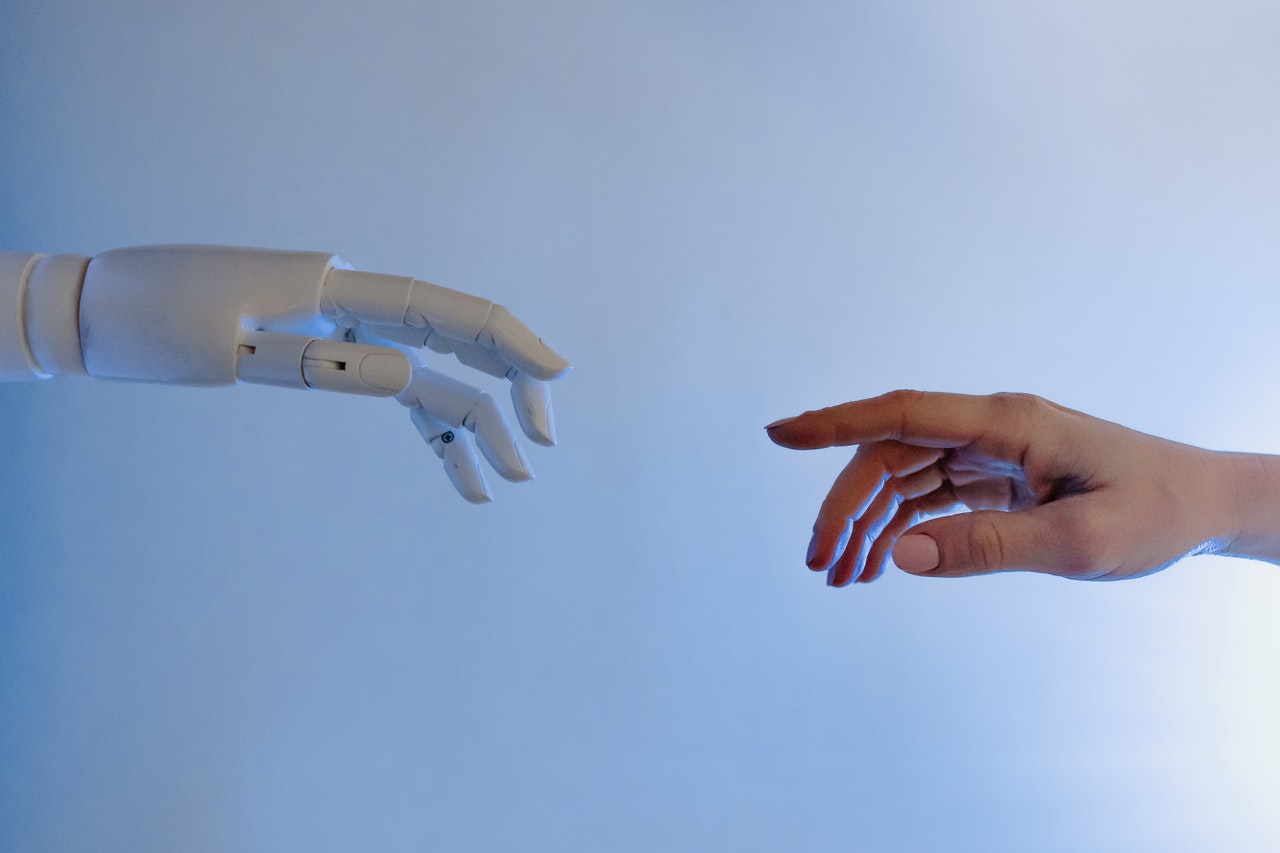At this point, it almost goes without saying that every part of daily life has been touched, if not fully transformed, by modern technology. Yet, there are some spaces and industries that seem less likely to be affected by the digital age than others.
The hospitality industry, including hotels and restaurants often conjures images of a friendly face, a warm greeting, and impeccable service delivered with a distinctively human touch.
Upon closer inspection, however, it is clear that technology has crept into this space as well and in many ways, has made it even more charming. While stock watchers may wonder just how far their investments into tech can truly go, the adoption of technology into hospitality environments demonstrates just how evolutionary these tools can be.
Delivered Right Away
Perhaps the most recognisable and most commonplace integration of technology into the hospitality industry has been through mobile applications. Apps designed for ordering and delivery helped keep the restaurant industry afloat during the pandemic, while also providing a sense of normalcy for patrons.
By allowing consumers to bring the restaurant experience into their homes, these apps have transformed dining. Some even feature to-go cocktail options, making at-home meals a bit more gourmet and all the more memorable—with far less effort.
Many large restaurant chains now offer their own apps, which provide special deals and discounts along with mobile ordering capabilities. These apps are a true convenience for harried parents of young children, rewarding purchases and simplifying ordering. Some chains have gone a step further, integrating their own mobile delivery services, while others have partnered with third parties for on-demand delivery.
These apps also add further convenience to quick-service dining, allowing patrons to order and pay without leaving their tables.
More from Tech
- How Can Telemedicine Startups Support Healthcare Delivery In Disaster-Affected Areas?
- Digital Capability Exchange UK Launches To Offer Open Access To Tech Talent
- What Is Facial Recognition Technology and How Does It Work?
- What Is Age Verification Tech, And What Does It Look Like In 2025?
- Top 10 VoIP Features Every Business Should Know About
- How Do Antivirus Programmes Detect Malware?
- Are Public Wi-Fi Networks Secure?
- Crypto Clash: Kraken Vs. OKX
Waiter, Wait, What?
Less common, though arguably more charming, is the restaurant adoption of robot waiters and waitresses. Smart androids can easily be used for delivering most dishes to restaurant patrons and completing other simple, easily repeated tasks.
Aside from bringing meals and smiles to guests, these robot food runners can help restaurant owners cut back on one of their largest costs: staff. Owners and management don’t need to worry about inadequate staffing when the team is ready to go at the flip of a switch.
This technology can assist with keeping kitchens and dining rooms clean as well. Many people already own robot vacuums and smart cleaners. Restaurants can likewise leverage this technology to improve health safety scores and help keep their kitchens spotless.
Even without a robot to bring patrons their meals, many restaurants, including sit-down establishments have incorporated touchscreens at the table or at the counter to allow patrons to order their meals and process payment without risking an employee error. Restaurant goers can enjoy additional peace of mind by paying the bill without their card ever leaving their line of sight.
Adding Savings and Leisure For Memorable Vacations
Technology’s integration into hospitality isn’t limited to restaurants. Far from it, vacations have become more seamless thanks to tech-driven innovations in hotels and travel. Many hotel chains and travel companies have developed their own apps and implemented generous loyalty programs, rewarding travelers with longer, upgraded stays.
Technological advancements have also streamlined check-in processes, whether at an airport counter or upon arrival at a hotel. For weary travelers coming off a red-eye flight, it’s hard to overstate just how convenient it is to bypass the check-in desk and unlock a hotel room using a mobile app.
While it is unlikely that bartenders, bellhops, and travel professionals will become obsolete, integrating technology enhances service for both customers and industry professionals. These tools help make work and play more enjoyable, leading to happier workers and more satisfied guests.

